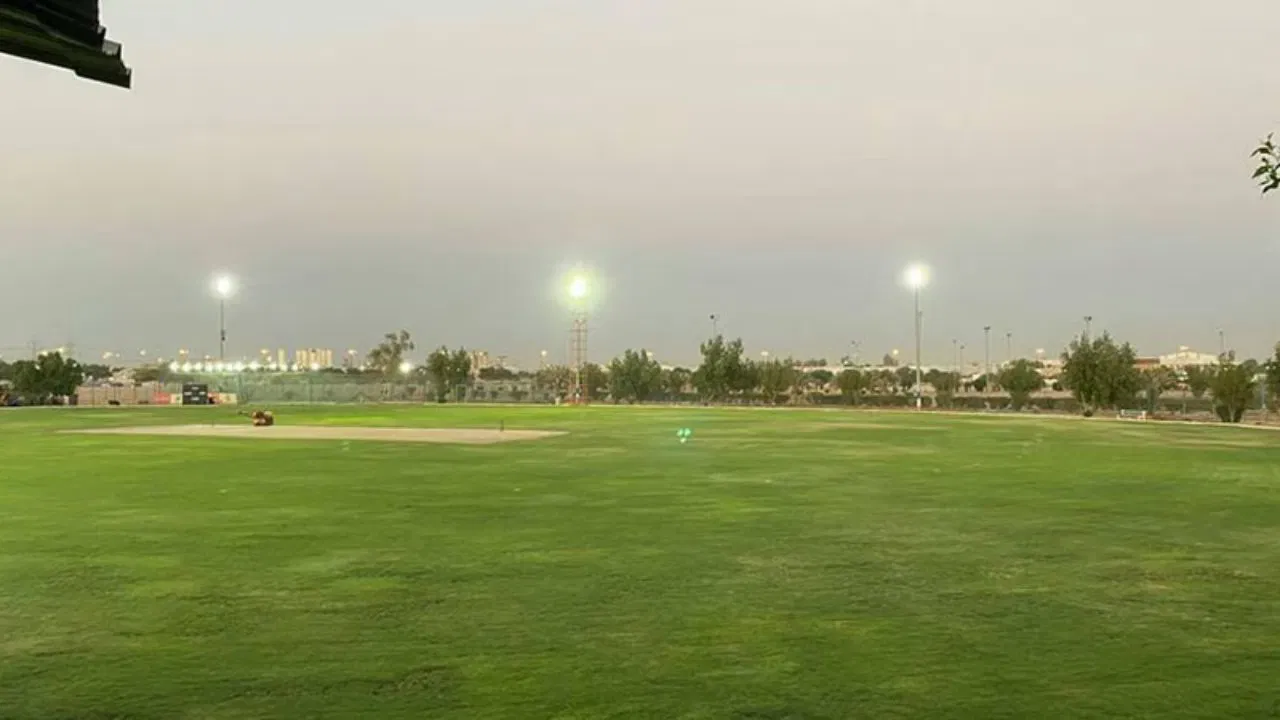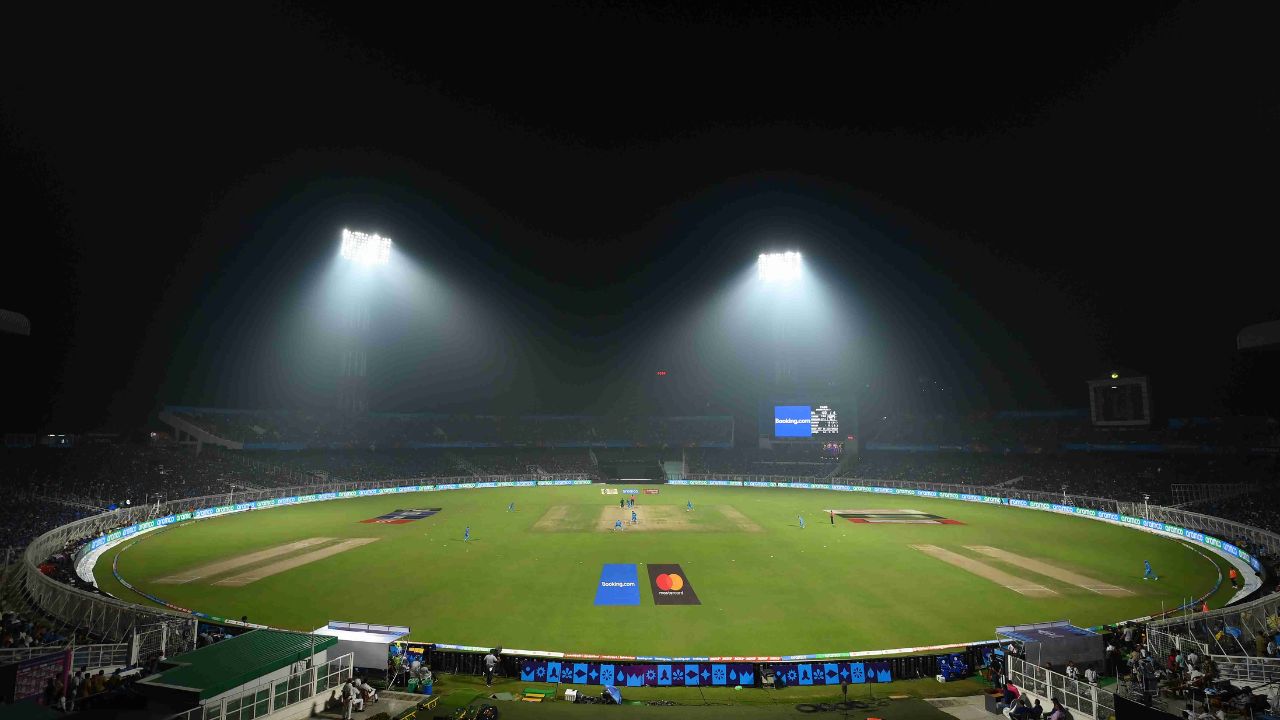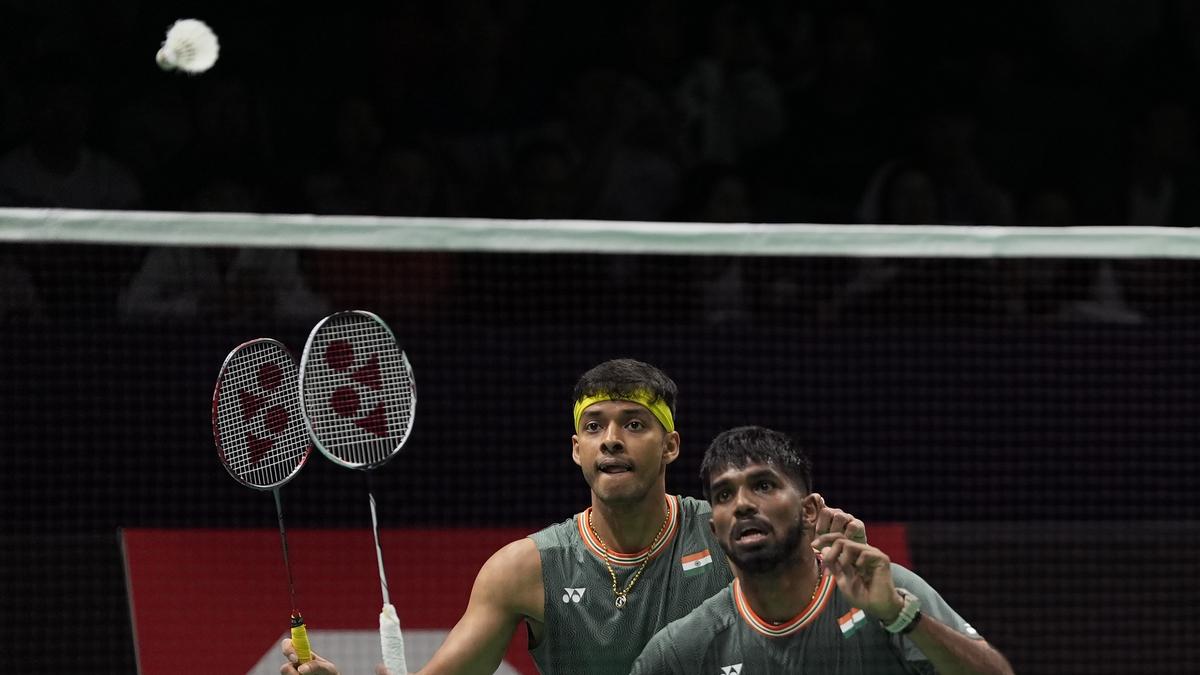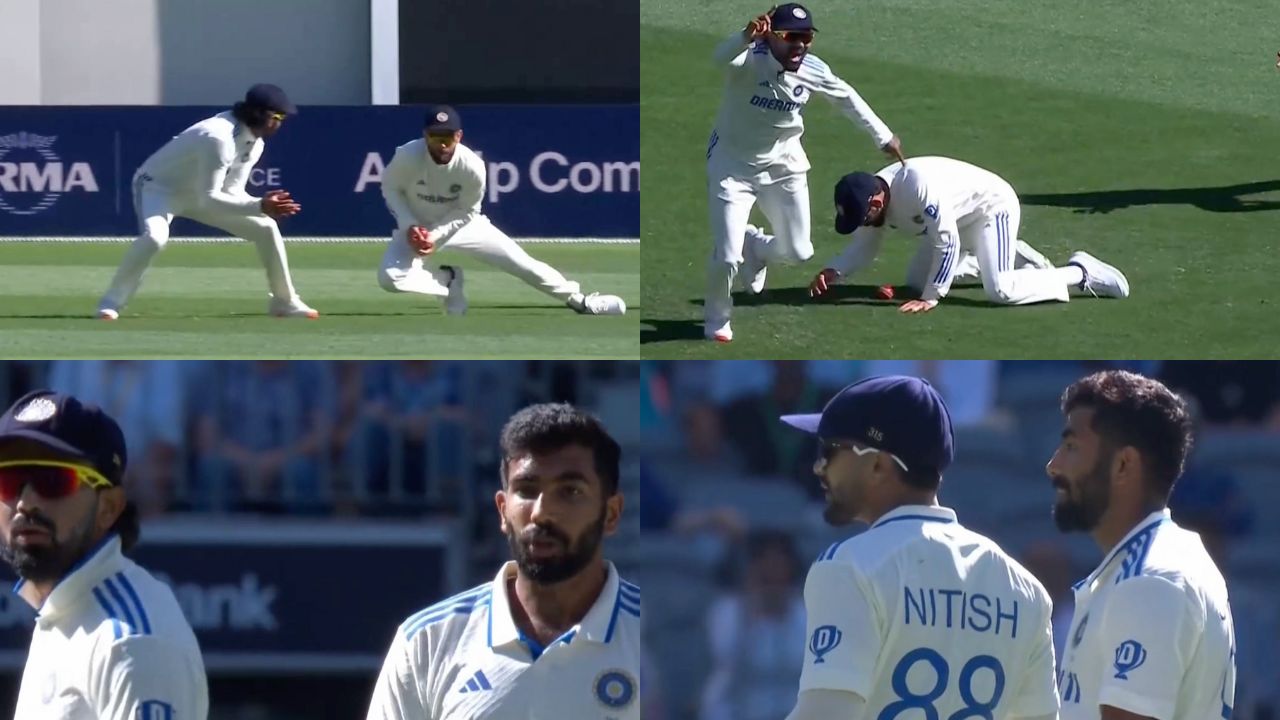New Delhi: It was apparent from the moment the Hockey India League (HIL) was brought to fruition, that a certain Graham Reid would make his return to India.

The 60-year-old is no ordinary coach, and holds a rather exalted status in India. It was under the Australian that the Indian men’s hockey team made an incredible return to the Olympic podium in Tokyo after 41 years.
Reid is back in India as the head coach of HIL franchise Delhi SG Pipers where he will be joined by former India captain and goalkeeper PR Sreejesh, who is the side’s director of hockey.
On his first trip to India since his resignation in January 2023 post the team’s disastrous exit at the World Cup, HT caught up with the former India chief coach to discuss the revamped HIL, the players’ auction, his thoughts on India winning a successive Olympic bronze and what he misses about India among other things. Excerpts:
Have you been in touch with the Indian players since you left?
Yeah, of course. When they won the Asian Games and then the Olympic bronze, I congratulated them.
What was your reaction when you were approached for a new role back in India?
Well, it was exciting. It came out of the blue a little bit. One of the other franchises contacted me at some stage, but I never heard back. And then Sree(jesh) contacted me and said, ‘Are you looking at coming over?’. I thought it’d be great. And I said, ‘yeah’, after running it past my new employers. They knew that it was a possibility that I might get asked. They gave it a thumbs up. I’m very happy to be honest.
What are your thoughts and impressions of the auction, and the league returning after almost eight years?
I congratulate Hockey India (HI). It’s the most-asked question that has been on everyone’s lips pretty much for the last six years. Every time you speak to someone, they’re like, ‘Have you heard anything about HIL? When’s it coming back?’ So, it was really good that they’ve been able to arrange it. It’s going to have a few teething problems as we all do but it’s up and running. Let’s see how it goes. And as the FIH President said the other day, it’s just wonderful for the game of hockey around the world, not only India.
How was it to see the Indian team, one that you’ve helped build, win a successive Olympic bronze in Paris?
It was really nice to be honest. I had a sense of pride, but I also had a sense that things have continued, which is always nice to see. They can be proud that they’ve now got two bronze medals in a row. That’s a real positive for the game here in India. Of course, 90% of the people who were in Paris, I know very well, with whom I had spent all those years.
What kind of game-style changes do you see in the team since you left?
They’re probably a little more defensive. They fall away a little more than what I used to do, but that’s to be expected. I know that most coaches don’t like pressing perhaps as much as I do. They’ve got a good mix going. It’s been great to watch from the sidelines. Much less stressful (laughs).
From watching the team from the dugout to following them on TV – how much has your perspective changed?
Well, I thought I would have mixed feelings, but it was great. I really enjoyed watching them. Living back in Australia and being a little bit more involved with the Australian system, I have a few more loyalties in Australia. But I loved watching them play and I was very happy when I saw them win bronze. It is good for the game. All those players have made lots of sacrifices. So, it was nice to see. I hope that they reap the rewards that they all deserve.
You talked about changes. What are the things you noticed that the team has carried on from your time to now?
I’ve been enjoying the way they’re attacking. They’re still creating lots of opportunities. Sometimes one of the problems playing defensively is that it can affect the number of opportunities that you create in attack. But they’re creating those. And you need to do that when you’ve got such a great drag-flicker as Harmanpreet (Singh). You need to be making those corners to give you those opportunities. One of the positives is that it’s very hard to get a bronze medal without both working. It’s great to see, for example, someone like Abhishek, who came into the camp around January 2022, to see him blossom and play games and then come into his own at the Olympics was fantastic. People like Sukhjeet have come through as well. He started at a very similar time. The others too have started to blossom, reaching the highlight of their career.
India didn’t medal at the Olympics for 41 years and now have won two in the last two Games. What do you think is the core reason?
They’ve been together a long time. There is camaraderie. They’ve been through a lot. As I said after Tokyo, don’t underestimate the camaraderie that you get from being stuck inside during Covid. That started the whole getting to understand each other better.
Also, Craig (Fulton) has done a fantastic job in keeping the guys together.
What have you been up to in the last one-and-a-half years?
I went back to Perth and was working in the women’s programme in Western Australia for 10 months. I took over from Steph Andrews who had a baby so had to take maternity leave. I looked after the women, helped that group and totally enjoyed it. It’s the first time that I’ve coached women, but I loved it. I wish I had moved across to the women a little earlier. That’s life but it’s been a good change in scenery, seeing things from a different side and different skills that the girls have and their ability to listen. They’re much better listeners than the boys.
What have you missed about India in the time you were away?
I was thinking about it today. It’s just the comfort of the noise, the smells, the sounds. India has so many things going on at any one time. Any one day you will see something that you haven’t seen before. We miss that. We had a very good relationship with the street dogs in Bengaluru. We think about them a lot. And, of course, the food.










Leave feedback about this